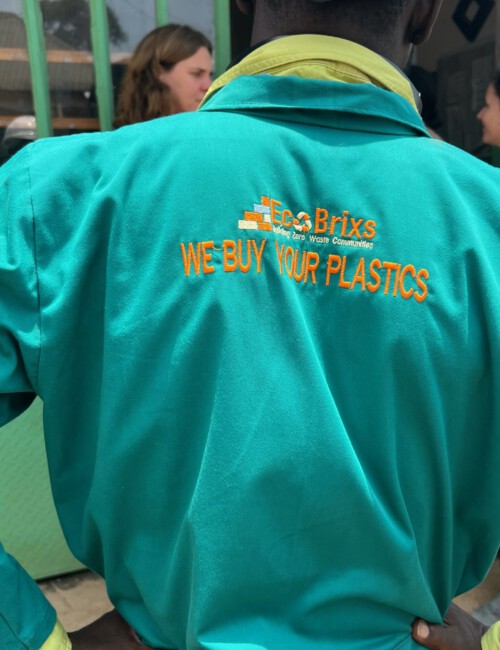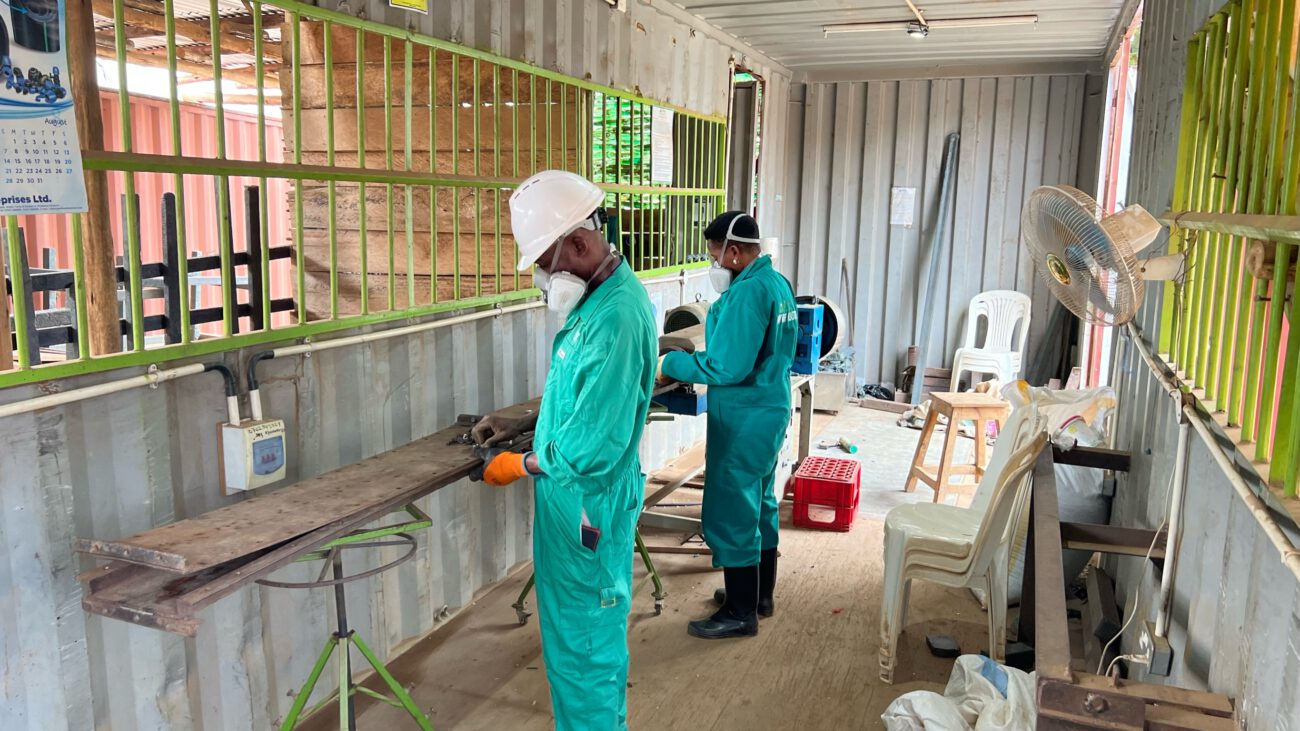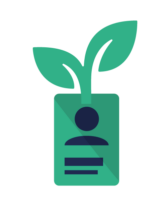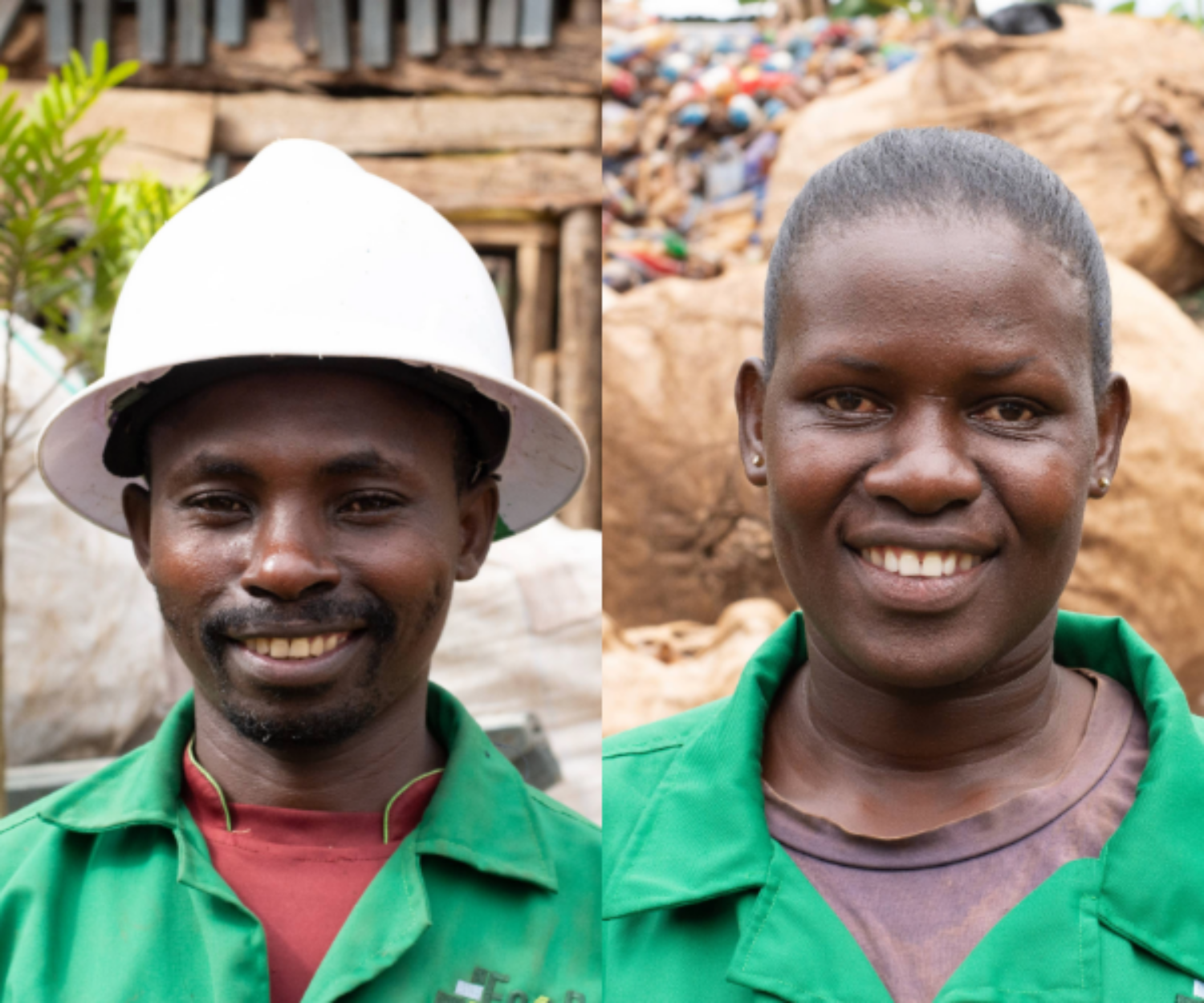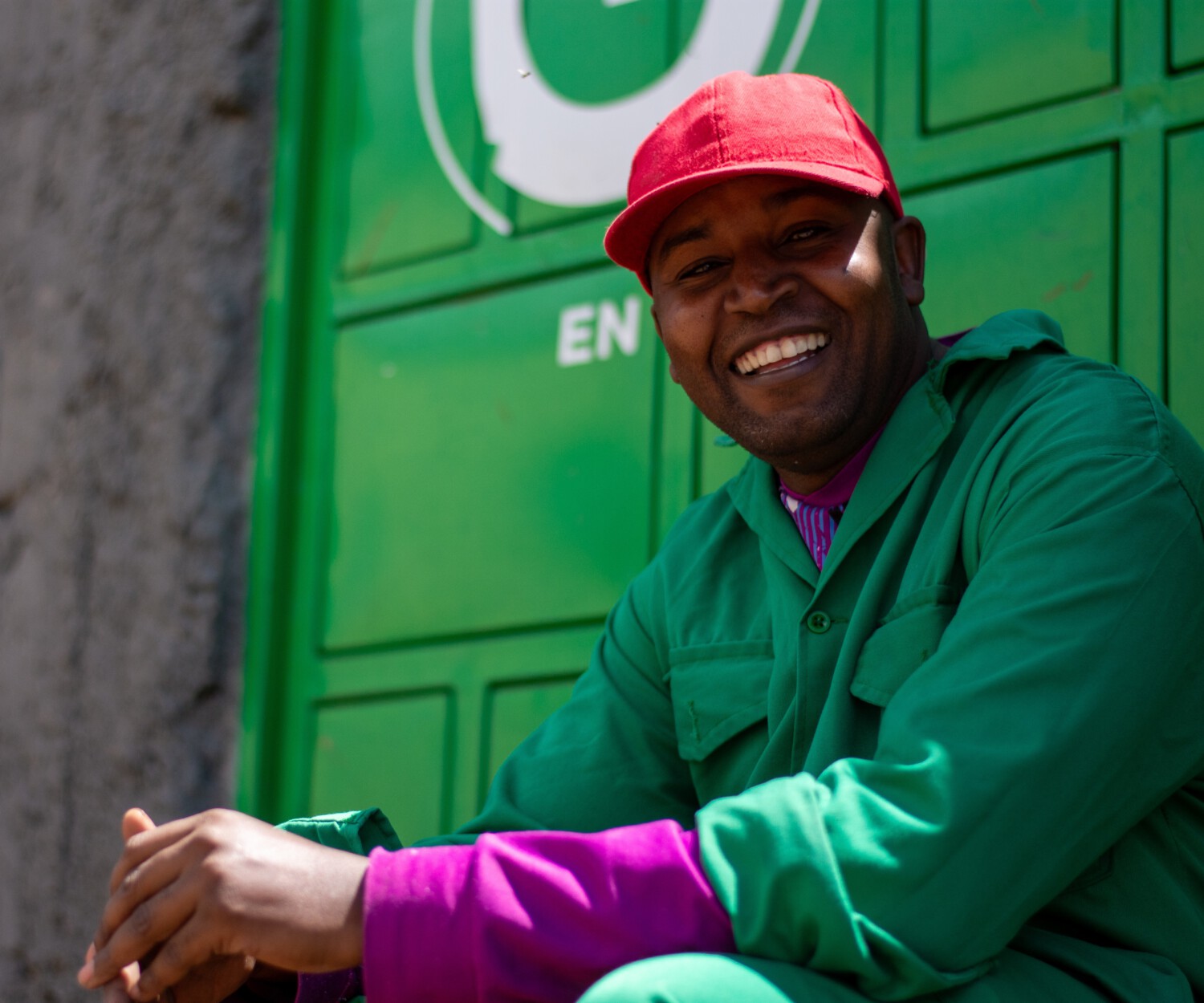Inclusion Approaches to Creating, Matching, and Improving Jobs for People With Disabilities: A Case Study of Eco Brixs
Uganda generates 600 metric tons of plastic waste daily, but less than 10% is collected and recycled. The rest is burned or discarded in landfills, polluting the environment, including water bodies. While waste recycling remains a significant environmental challenge, it also presents a broad range of opportunities. Eco Brixs has ventured into this space, creating significant opportunities for low-skilled labor, including people with disabilities (PwDs) and refugees, through both employment and supply. Jobs in waste recycling, which mostly entail aggregation, sorting, and packaging, do not require significant technical skills but provide an elastic cycle of income-earning prospects for those usually left out of the job market. Eco Brixs has opened a window to fulfilling work for PwDs and other excluded segments of the population like women or low skilled youth. This case study presents Eco Brixs‘ approach to PwDs inclusion and their solutions to eliminating existing barriers that limit or prevent their access to employment.
Overcoming Barriers: Empowering PwDs in Uganda
People with disabilities (PwDs) face discrimination at multiple levels—in society, their workplace, and sometimes within their household. Negative attitudes are prevalent among family members and PwDs themselves, mostly due to a lack of awareness or education about disability, or implicit bias and stereotypes about their actual or potential skills. These attitudes impact PwDs’ perception of their capabilities and how they are represented and included in the world of work. Different literature shows that Uganda’s disability population is estimated between 5.7% (UBOS 2024) and 16.5% (2017 survey), reflecting disparities in measurement methods by the government and PwD associations. Only 5–10% of persons with disabilities are employed, highlighting major gaps in inclusion.
Due to stereotypes or lack of awareness, employers might assume that PwDs cannot fully deliver their duties, making incorrect assumptions about their real capabilities. Additionally, PwDs experience various environmental barriers that often influence their access to paid and decent employment. For example, if they cannot access public transport, they are excluded from jobs that require commuting, thus decreasing the opportunities available to them. To facilitate PwDs’ access to employment, improvements are required across several levels. These include changing legal and business model frameworks, offering training and assistance to potential employers, creating accessible work environments, and providing necessary education and raising awareness about disability.
One sector that could offer a solution to the lack of inclusion and low employment rates among PwDs is the waste recycling sector. Given that the disposal of plastic waste is one of Uganda’s biggest challenges, companies like Eco Brixs have stepped in and ideated a business strategy aimed at solving a dual challenge: 1) the fragmentation of waste collection services and lack of formal structures, and 2) unemployment—particularly among youth and PwDs.
Established in Uganda in 2017, Eco Brixs addresses the country’s waste management challenges by recycling plastic waste and creating income opportunities for locals. Collectors, known as Resource Recovery Agents, are paid for each kilogram of plastic they bring to Eco Brixs’ recycling site in Masaka, or one of its 44 Community Buy Back Centres. The collected plastic is recycled into various products like bricks, lumber, and fence posts, which are then sold. The revenue generated is used to purchase more plastic from the community, creating a sustainable cycle.
By working with a network of resource recovery agents who collect plastic from their communities and serve as members of the newly formed ‘Ugandan Recycling Association,’ Eco Brixs provides job opportunities to young people, including more vulnerable individuals such as PwDs, who make up 20% of their full-time workforce and alongside wome, 50% of their collection hub managers. The association has established 56 collection centers or sites, 30 of which are managed by PwDs and 22 by women. Other individuals set up their own aggregation spots independently. The recruitment process is restrictive and biased towards marginalized segments of the population, as the business is intentional about contributing towards SDG 8—promoting sustained, inclusive, and sustainable economic growth, full and productive employment, and decent work for all.
Eco Brixs, through its plastic collection and sorting business, is removing barriers and discrimination that PwDs face in the workplace. It enhances their access to employment and equal labour rights for them. The business is increasingly adopting anti-discrimination policies and strategies that aim to reduce PWDs employment discrimination, increase their access to the workplace and change perceptions about their productivity.
Breaking Down Barriers: Eco Brixs’ PwD Inclusion Strategies
Managing Plastic Collection Centers
Eco Brixs has partnered with the Masaka Disability Union to recruit PwDs to manage collection centers. These recruits, ideally from the same locality, minimise logistical costs. Eco Brixs ensures at least 50% of collection center managers are PwDs or single mothers, addressing prejudices about their productivity.
Business Skills Training
Resource Recovery Agents receive training in financial management, stock management, bookkeeping, and money management, equipping them with essential business skills.
Startup Capital
Eco Brixs provides startup capital for PwDs managing collection sites, enabling them to pay collectors and recycle funds. They also receive training on plastic segregation, sorting, quality checks, weighing, and packing.
Market Access
Access to larger markets allows collection centers to operate more efficiently. Eco Brixs offers competitive prices for collected plastic, enabling operators to calculate their profits directly.
Recruitment of PwDs as Staff
Eco Brixs has been intentional in recruiting PwDs as staff and has actively acknowledged their efficiency by investing in reasonable accommodation facilities and training non-PwD staff to support their colleagues with disabilities.
From Inclusion to Employment: EcoBrixs and CFYE’s Impact
Eco Brixs’ initiatives have led to significant results in terms of inclusion:
- 15 PwDs have been recruited as full-time staff through the Disability Union and now have access to social security benefits, contributing to their labour market integration.
- A part-time interpreter was hired to provide services to PwDs and management and offer inclusion training to non-PwD staff.
- Out of 56 collection centers, 50% are managed by PWD and or women, demonstrating the success of Eco Brixs’ inclusion strategy.
- Eco Brixs offered UGX 26 million in startup capital for PwDs to help them start and manage collection centers.
- Impact beyond employment: Their approach not only fostered inclusion but also led to the collection and recycling of 46,715,491 plastic bottles, which are transformed into various products, generating UGX 723 million, with approximately 53% going to PwD collection center managers, and significantly making a great contribution to environmental conservation.
Eco Brixs‘ innovative approach to waste management and inclusion has made a significant impact on both the environment and the lives of marginalized communities in Uganda. By creating accessible green job opportunities for people with disabilities, women, and youth, Eco Brixs is not only making strides to address the plastic waste crisis but also promoting social and economic inclusion. Their efforts, supported by funding and technical assistance provided by CFYE, have led to the recycling of millions of plastic bottles and the creation of sustainable income opportunities for youth and people with disabilities in urban and rural settings, contributing to a more inclusive and sustainable economy.
More stories
Interested in more?
Vacancy
Consultancy – Technical Assistant Expert
 Sade Aalto-Setala
Sade Aalto-Setala
 December 3, 2025
December 3, 2025
